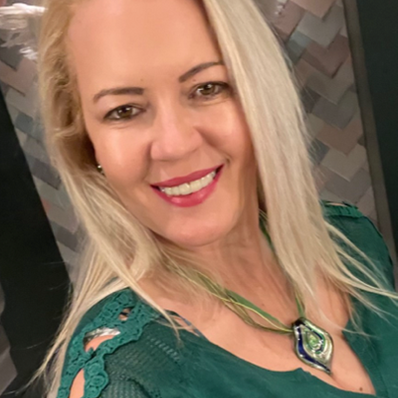Teaching Research Methods to Business Students: New and Innovative Approaches
Teaching Research Methods to Business Students: New and Innovative Approaches
Synopsis
|
Teaching Research Methods to Business Students is one of the Research Methodology SIGs annual events. For Business Schools, teaching research methods offers both challenges and a focus for stimulating debate. This workshop is intended to address such challenges by introducing new and innovative methods and materials, which will provide exciting resources for academics and students to utilise. These resources will enable those involved in teaching research methods to review and rethink their current approaches.
|
___________________________________________________________________________
Provider Information
BAM Research Methodology SIG
___________________________________________________________________________
Who should attend?
|
‘All Levels’ as indicated by BAM Framework B1, B2 and B3. ___________________________________________________________________________ |
Speakers
___________________________________________________________________________
Benefits of Attending
|
• Learn about two new and innovative resources for teaching research methods |
___________________________________________________________________________
Logistics
Venue Details
|
Newcastle Business School, Northumbria University, Newcastle upon Tyne, NE1 8ST |
Travel Information
https://www.ljmu.ac.uk/contact-us/find-us
Accommodation Details
Brownlow Hill
Liverpool
Merseyside
L3 5UG
Contact Us
For specific information about this event please contact the workshop facilitator:
Paul McEvoy Clarke at [email protected]
For general enquiries please contact the BAM Office at [email protected]
Event Fee
Non-Members: £50
BAM Members: £30
Full-time PhD Students: £10
If you would like to become a BAM member, please do so here: register as a member
Provisional Programme
9.30-9.45-Welcome and Introduction
Professor Dave Bryde, Director of Research and Knowledge Transfer, Faculty of Business and Law, LJMU
9.45-11.15- Learning About Logic Models in Evaluation: A ‘Sweet’ Experience
Professor Jamie Callahan, Durham University Business School
This workshop uses sweet treats to help learners grasp how logic models are constructed for conducting an evaluation, and how difficult it is to construct an effective rubric. Post-exercise discussions open the opportunity to explore research-related topics such as the nature of ‘truth’, induction/deduction, collaboration, and convergent/divergent findings.
11.15-11.30 Break
11.30-1.00- The facilitation of learning through Studious Research Methods Collection resource
Dr Sophie Mills, Nottingham University Business School
This session introduces a Research Methods learning resource that operates as an interactive mobile app or via an online platform. During this session examples will be provided of how this learning resource is currently used in universities and will offer suggestions relating to optimising its application within a teaching context. During this session participants will have the opportunity to try out the mobile app within breakout activities and reflect on its potential use within their own teaching.
1.00-1.45 Lunch
1.45-3.15-The Research Methods Roadmap
Dr Maddy Stevens, Liverpool Business School, LJMU
This session introduces and provides experience of using a new board game where students use small cars to follow an experimental journey on a game board which essentially represents a decision tree. Students explore all stages of designing a research project, represented by locations on the map, from choosing a topic, through research philosophy, data collection and analysis, sampling and dealing with reliability and validity.
3.15-Break
3.15-4.45-Facilitating student dissertation topic choice through a focused dialogue
Dr Mina Beigi, Southampton Business School, University of Southampton
Many lecturers supervise students who are not clear about what they want to do in their dissertation. This session will provide examples of conversations that can facilitate this process and help students find a research topic that is aligned with their access to different resources, interests, and career aspirations.
4.45-5.00-Summary and Close
Closing remarks from Dr Tim Nichol, Pro-Vice-Chancellor, Faculty of Business and Law, LJMU




